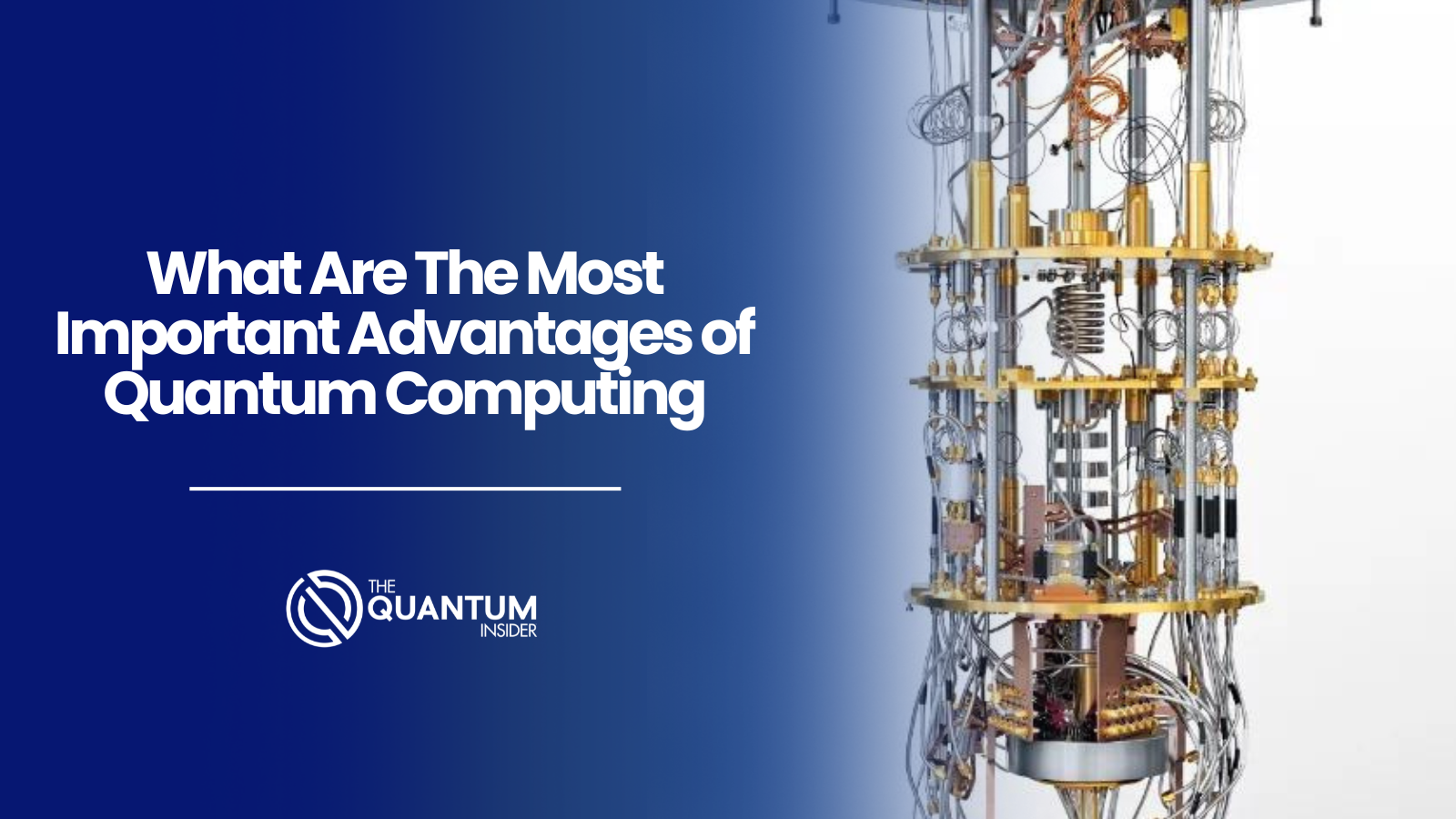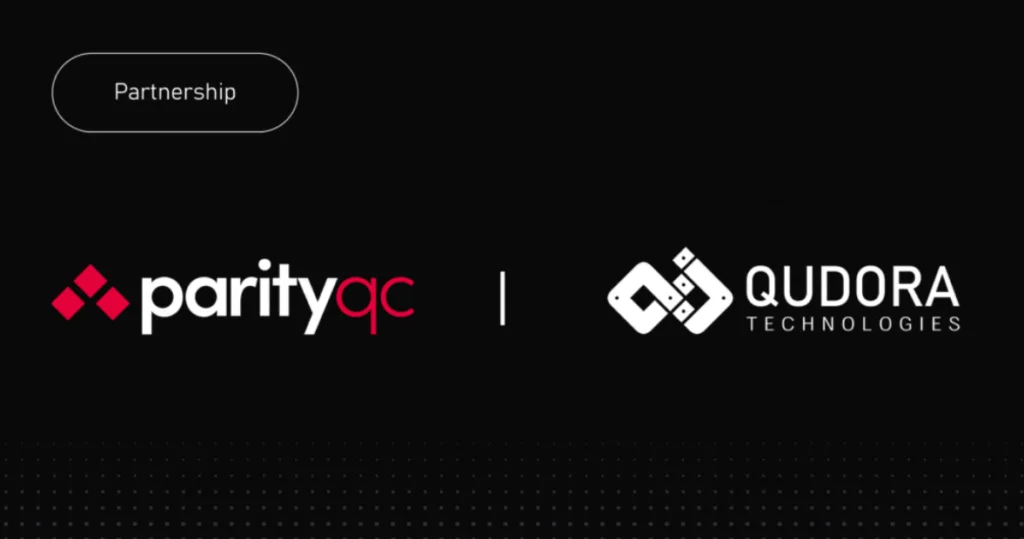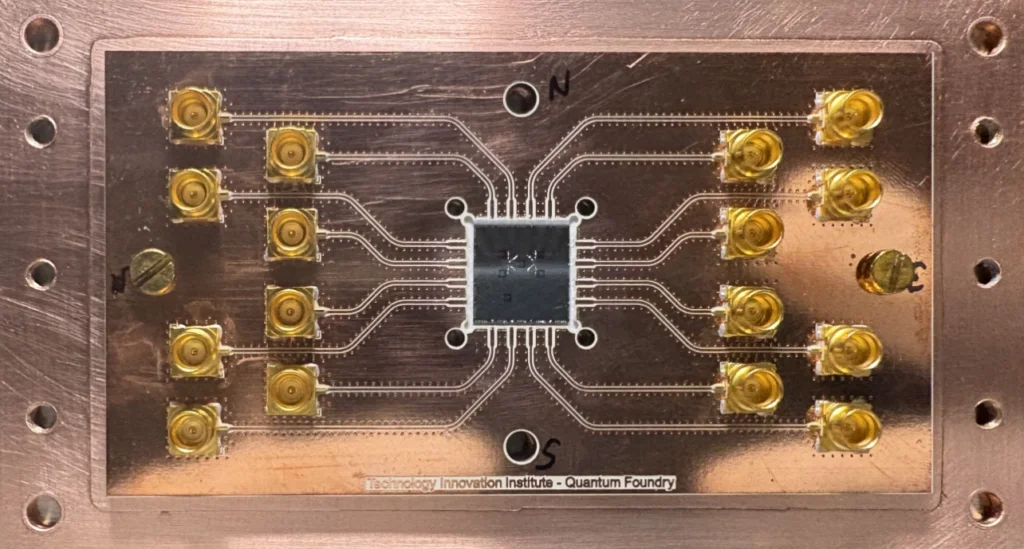The realm of quantum computing is an ever-evolving landscape, where continuous advancements shape the course of technological progress. In this exploration, we embark on a journey to uncover the intrinsic marvels of quantum computing and unravel the advantages of quantum computing that propel it into the forefront of innovation and computational prowess.
What Is Quantum Computing?
Quantum computers use quantum mechanical principles to perform computations. By using specialized hardware, quantum computing leverages the properties of both particles and waves at the minute scale. There is no explanation for the operation of these quantum devices in classical physics, and a quantum computer with scalable capabilities could perform some calculations exponentially faster than modern “classical” computing devices. An effective quantum computer would possibly be able to break common encryption schemes and facilitate physical simulations. In spite of this, as of 2023, quantum computers are still largely experimental and impractical.
Difference Between Quantum & Classical Computing
There is a fundamental difference between quantum computers and classical computers in how they process information. By replacing transistors with qubits, quantum computers can simultaneously represent both 0 and 1 of binary information.
The power of a quantum computer increases exponentially with the number of qubits it contains. This is in stark contrast to a conventional computer, whose power is directly proportional to the number of transistors it has. This could lead to a scenario in some kinds of calculations, where quantum computers could eventually be superior to classical computers due to this reason.

Even though quantum computers have the potential to significantly outperform (or that’s the general consensus amongst many in the industry) classical computers in certain tasks like simulating chemical reactions or optimization tasks, they are difficult to manufacture and aren’t expected to offer many advantages in other calculations.
Despite advantages of quantum computers and their increasing power, most everyday operations will still likely be done in a more effective way by conventional computers.
3 Advantages Of Quantum Computing
1. Chemical Simulation
In the field of chemical simulation, quantum computing has the potential to vastly improve the process and bring several benefits.
Scientists could possibly explore larger and more complex molecular structures using this increased computational power, allowing them to achieve more accurate and detailed simulations of chemical systems due to the exponential complexity of the quantum world, which classical computers have difficulty simulating accurately.
Quantum chemical simulations employ a variety of methods ranging in accuracy and computational cost. Here are examples of three of them:
- The Density Functional Theory (DFT) determines the electronic density rather than the wave function and is a widely used method. This algorithm offers a good balance between accuracy and computational cost, and it is capable of handling large systems as well.
- The Hartree-Fock (HF) Theory approximates electron-electron interactions and solves the Schrödinger equation for average electron behaviour. Despite its usefulness for more advanced calculations, it neglects electron correlation effects.
- Another to mention is the Post-Hartree-Fock Method, which goes beyond the Hartree-Fock approximation to include electron correlation effects more accurately. Examples include configuration interaction (CI), coupled cluster (CC), and multi-configuration self-consistent field (MCSCF) methods.
2. Optimization
As a result of quantum technology, route planning and logistics are also being transformed. Using quantum computers could help reduce freight transportation costs and boost customer satisfaction significantly by supporting global routing optimization and frequent re-optimizations.
In the field of quantum optimization, the Quantum Approximate Optimization Algorithm (QAOA) has become one of the most well-known algorithms. In QAOA, classical optimization techniques are combined with quantum computing to arrive at approximate solutions to optimization problems.
Quantum Annealing (QA) is another approach that uses quantum fluctuations to find optimal solutions at low energy levels. The Quadratic Unconstrained Binary Optimization (QUBO) problem and the famous NP-hard Ising model are particularly useful applications of QA.
3. Machine Learning
One more that is important — and now pertinent since the appearance of ChatGPT late last year — is quantum computing’s possible contribution to the development of next-generation artificial intelligence (AI), though it is still disputed whether QML will have any advantage at all.
The ability to handle complexity and keep possibilities open is a clear advantage for status-quo machine learning (ML), which is often hindered by a limited scope, an inability to adapt to new situations and a lack of generalization abilities. With that said a quantum computer could enable the development of artificial general intelligence (AGI), though there are some who see this as an ultimate danger.
In a tweet last month, Nick Farina, the CEO of EeroQ, wanted to know whether “QC will ever be commercially useful for AI”. He, himself, can’t find evidence. The replies from two experts were interesting:
“The most compelling demos of potential advantage all involve QML applied to quantum data. That means we’d have to consider keeping “Data in the Quantum Domain” — quantum sensors with coherent outputs coupled to QCs using coherent comms. Possible & exciting, but a far future.”
— Michael Biercuk
“QC is generally very good at the underlying maths, so you would expect a large advantage for some problems if you can successfully implement QRAM.”
— Joe Fitzsimons
See also: Quantum Machine Learning May Improve Weather Forecasting
You may also like:
What Do the Experts Think?
John Preskill’s Stance
John Preskill, an American theoretical physicist and the Richard P. Feynman Professor of Theoretical Physics at the California Institute of Technology, as well as the Director of the Institute for Quantum Information and Matter, said in an interview for the Caltech Science Exchange:
“The hype is natural in a way. Everybody understands that computation is important, that it affects our daily lives, that it has economic value. We’ve seen in recent years a sharp ramping up of interests in the tech industry and from investors in quantum computing. That’s a good thing in some ways. It accelerates progress and provides opportunities for people to work in the field. But we should be realistic about the timescale for quantum computing having a big practical impact. And we should also appreciate that quantum computers probably won’t be able to speed up everything we want to do with computers but will apply to a special class of problems — and we still have only a partial understanding of what those problems are. We’ll understand it better when we have quantum computers and can experiment with them.”
Ilana Wisby’s Stance
In an interview with Silicon Republic in 2021, Ilana Wisby, founding CEO of Oxford Quantum Circuits, stated that
“The power of quantum computing will enable us to transform the modern laboratory through massively enhanced material modelling and discovery, providing tremendous impact and innovation in enabling drug discovery, developing new battery technologies and so much more.
Quantum computing has the potential to reshape the world as we know it: revolutionizing businesses, trailblazing new approaches in all sorts of fields, and solving some of the world’s most intractable problems.”
Christopher Savoie’s Stance
Christopher Savoie, meanwhile, Co-founder and CEO at Zapata Computing, said in an interview with the University of Rhode Island Magazine:
“Quantum computing could lead to 100 percent-efficient fuel cells, sweeping advances in drug discovery and personalized medicine, and possibly even a catalyst for removing pollution from the air.”
Where Is Quantum Computing Heading?
While the advantages of quantum computing in contrast to classical computing are undoubtedly remarkable, scientists caution that there remains a considerable distance to traverse before its practical application to everyday scientific conundrums can be realized. We are still in the early stages of quantum computing hardware development. In the near future, quantum computing hardware (as well as software) will likely be very different from what it is today. For one, a high level of parallelization (as parallel operations are crucial to correct errors) and scalability will be required. We will also need to consider storage errors, which affect qubits that are not being acted upon by the gates, in addition to errors introduced by the quantum gates themselves.
Difficult? Are these problems insurmountable? No, but it sure will be hard yet the only way to improve upon where we are currently.
If you found this article to be informative, make sure to explore more of the current quantum technology news here. If you would like to explore the quantum tech ecosystem in more detail, you should check out our dedicated market intelligence platform.
Featured image: Rigetti Computing/ Justin Fantl
If you found this article to be informative, you can explore more current quantum news here, exclusives, interviews, and podcasts.














